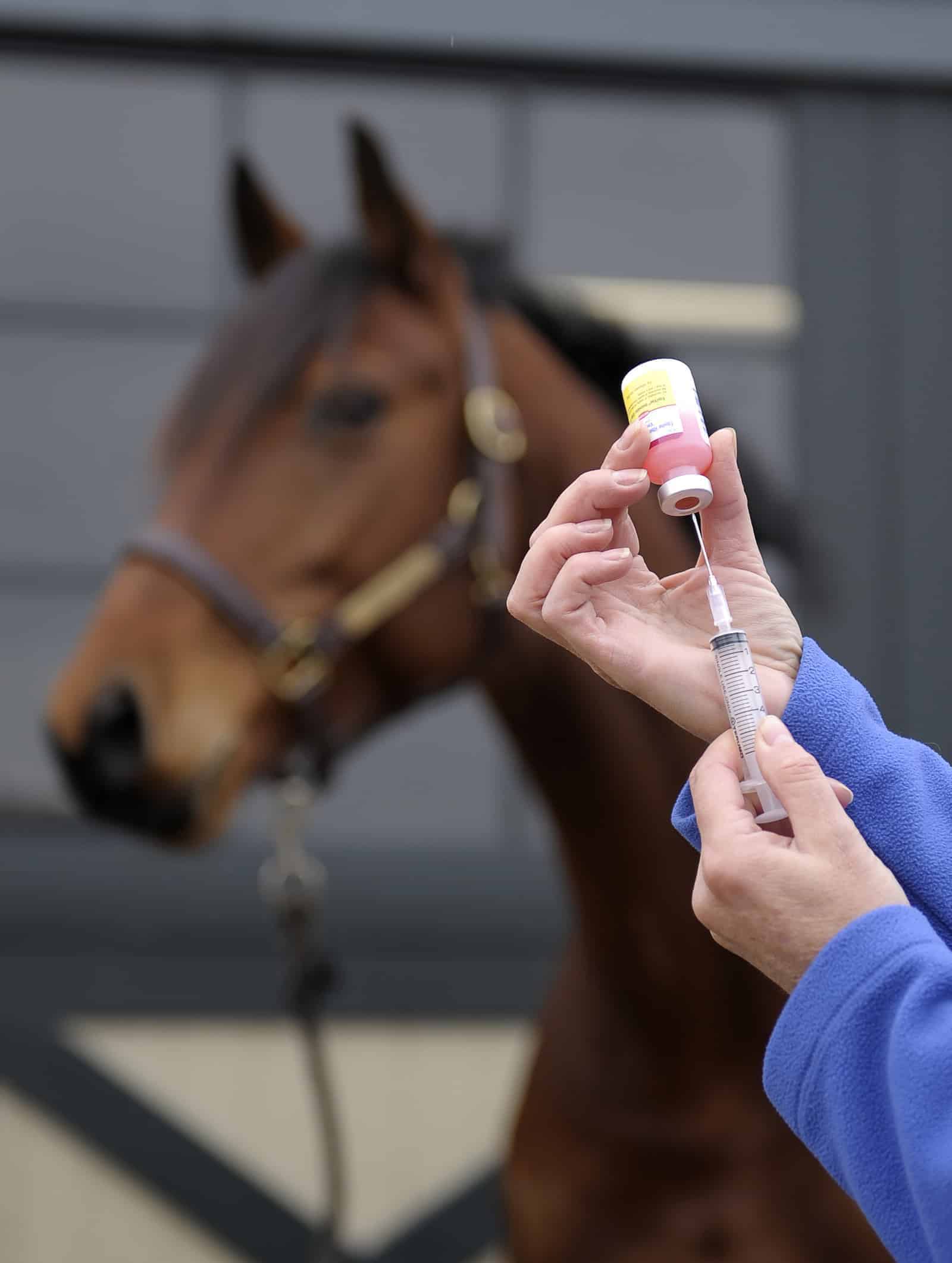Help Prevent West Nile Virus: It?s Not Too Late to Vaccinate
- Topics: Article, Vaccinations, West Nile Virus (WNV)

In 2016, 377 equine cases of West Nile virus (WNV) were reported in 32 different states. And this year, WNV cases are already being reported across the country. However, it’s not too late to vaccinate and protect your horse.
“Every horse is at risk for West Nile virus,” says John Tuttle, DVM, director of equine professional services for Boehringer Ingelheim. “The best prevention strategy for WNV is to minimize mosquitos and keep your horses up-to-date on their vaccinations.”
WNV is transmitted to horses through infected mosquitos. Mosquitos carry the pathogen from infected birds and pass it to horses when they bite. Once infected, horses can show signs of depression, anorexia, lack of appetite, lethargy, and sudden progression of neurological diseases. Some cases have led to death. There is currently no specific cure for the disease (only supportive care), so preventive measures are highly recommended
Create a free account with TheHorse.com to view this content.
TheHorse.com is home to thousands of free articles about horse health care. In order to access some of our exclusive free content, you must be signed into TheHorse.com.
Start your free account today!
Already have an account?
and continue reading.
Written by:
Edited Press Release
Related Articles
Stay on top of the most recent Horse Health news with












